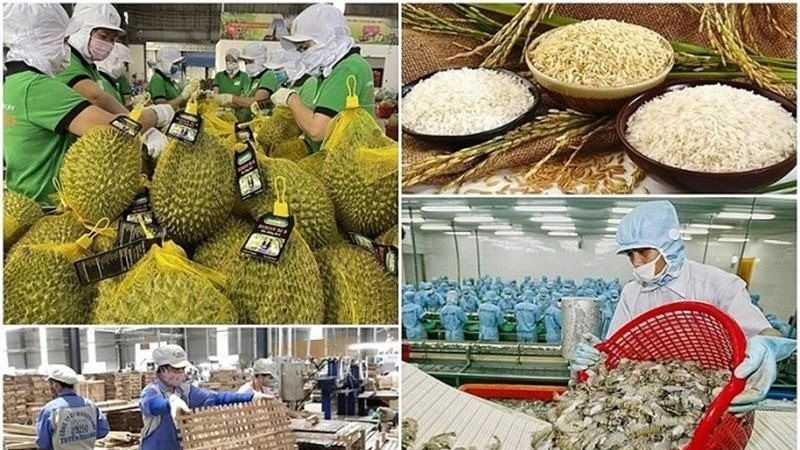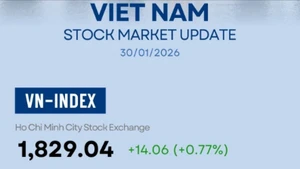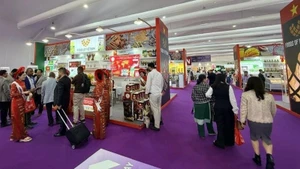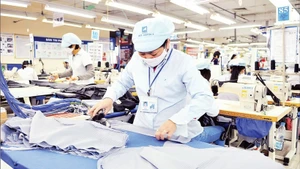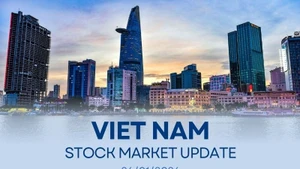High standards for food safety
One major concern among Vietnamese exporters is the difficulty of accessing the EU market due to its stringent food safety standards. The EU enforces some of the strictest food safety regulations in the world, underpinned by robust legislation aimed at protecting consumer health.
The Rapid Alert System for Food and Feed (RASFF) is one of the key tools used by the EU to enable swift response when food safety risks are detected along the food supply chain. Failure to declare, or incorrectly declaring, allergens can result in products being recalled or banned from import into the EU.
To introduce a new food product into the EU market, it must be proven not to pose a risk to human health, based on current scientific evidence. The intended use must not mislead consumers, especially in cases when the product is designed to replace an existing food and involves significant changes in nutritional value.
The EU Regulation 2017/2470, dated December 20, 2017, sets out the list of new foods under Regulation 2015/2283, issued on November 25, 2015. Under this regulation, “new foods” also include “traditional foods from third countries”—foods that have been traditionally consumed outside of the European Union. Before being approved for the EU market, all new foods must pass a safety assessment and show evidence of safe consumption for at least 25 years.
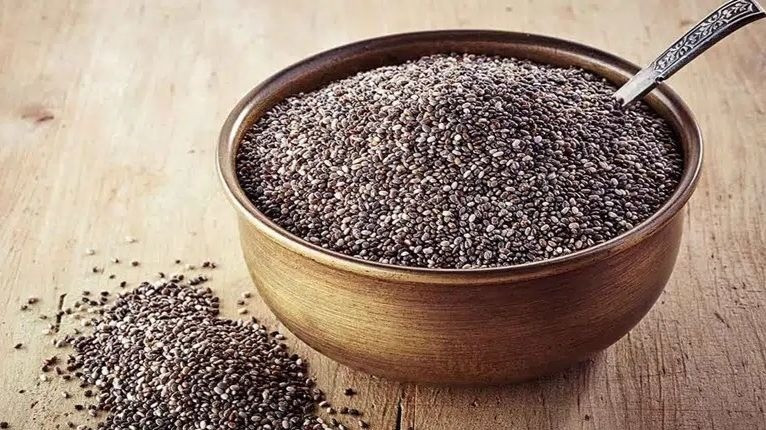 |
| Dried basil seeds from Vietnam have been subject to two warnings on the EU’s RASFF system due to being classified as “unauthorised new food”. |
Vietnam’s agricultural exports to the EU classified as new foods include dried basil seeds and fruit-flavoured beverages containing basil seeds, as well as snail meat. Regarding dried basil seed products, Vietnam has received two notifications through the RASFF system, both citing the reason “unauthorised new food”. Similarly, exports of snail meat from Vietnam have been subject to EU warnings for the same reason.
Strict compliance with regulations essential
According to Dr Ngo Xuan Nam, Deputy Director of the Office of the Vietnam Sanitary and Phytosanitary Notification Authority and Enquiry Point (SPS Vietnam) under the Ministry of Agriculture and Environment, many food producers, including those in Vietnam, use eggs in the formulation of breaded shrimp products. This practice aligns with consumer preferences in various markets, where eggs are commonly added to help bind the batter to the shrimp.
Nam explains that eggs improve the adhesion of batter to shrimp, preventing it from falling off during frying. Eggs also contribute to a crispier texture in panko or tempura coatings. The richness of eggs enhances flavour and gives the batter a more appealing taste, while the yolk adds a desirable golden colour and retains moisture, preventing the product from becoming dry or tough.
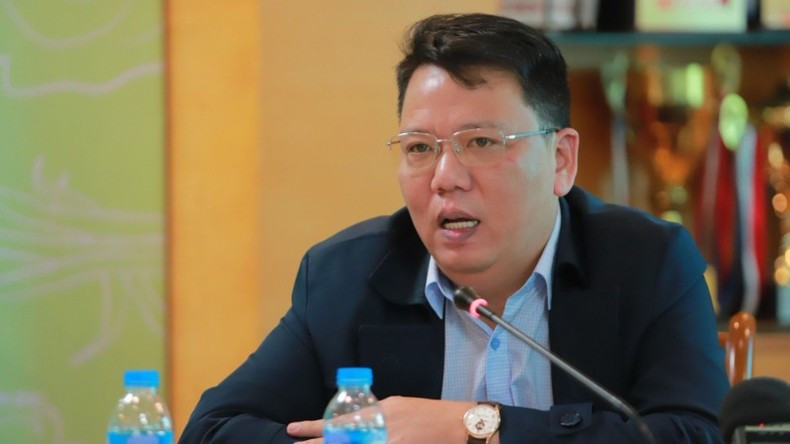 |
| Dr Nam strongly advises Vietnamese businesses to thoroughly research market regulations before exporting to the EU. |
However, egg protein is considered a common allergen. Moreover, eggs are of animal origin, and any product containing them that is exported to the EU must comply with Regulation 2022/2292, dated December 15, 2022.
Currently, the EU only permits egg products from third countries that have been officially approved, such as the United States, Japan, and Brazil. Therefore, if Vietnam wishes to export breaded shrimp containing eggs to the EU, the used eggs must be sourced from one of these approved countries.
Another key requirement lies in Article 21 of Regulation No 1169/2011, mandating that allergens must be declared on the product label. Failure to comply may result in alerts through the EU’s RASFF, along with necessary enforcement measures.
Failure to declare, or inaccurate declaration of allergens, can result in products being withdrawn from the EU or banned from entering the market. In the past, numerous cases have occurred in which frozen breaded shrimp products failed to disclose the presence of eggs in the coating, leading to recalls across Europe. Such incidents not only cause economic losses for individual companies but can also damage the reputation of the entire industry if violations continue to occur.
Dr Ngo Xuan Nam, Deputy Director of the Office of the Vietnam Sanitary and Phytosanitary Notification Authority and Enquiry Point (SPS Vietnam)
Nam underlines that food safety and sanitary/phytosanitary regulations of the EU, as well as those of WTO member countries, are frequently updated. Therefore, SPS Vietnam recommends that exporters conduct thorough research on EU regulations, especially those related to food safety, labelling, EU Regulation No 1169/2011 on the provision of food information to consumers, and the newer Regulation 2022/2292 on composite products.
Before packaging for export, businesses must ensure that all allergens present in the product are accurately and clearly labelled, enabling consumers to identify and avoid potential health risks.
At the same time, strict quality control measures should be implemented to prevent cross-contamination or omission in allergen declaration.
Complying with allergen labelling requirements and sourcing regulations for composite products not only helps businesses avoid legal risks but also enhances their credibility and ensures consumer safety.
